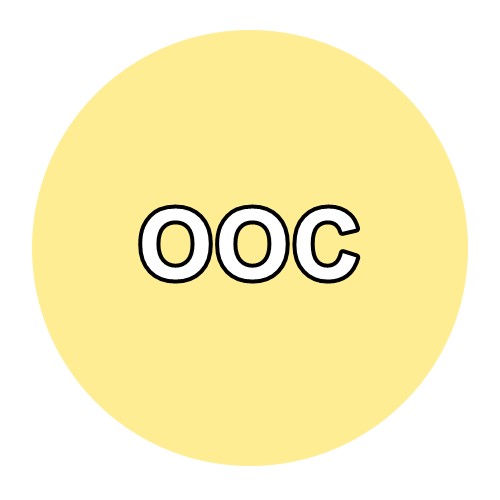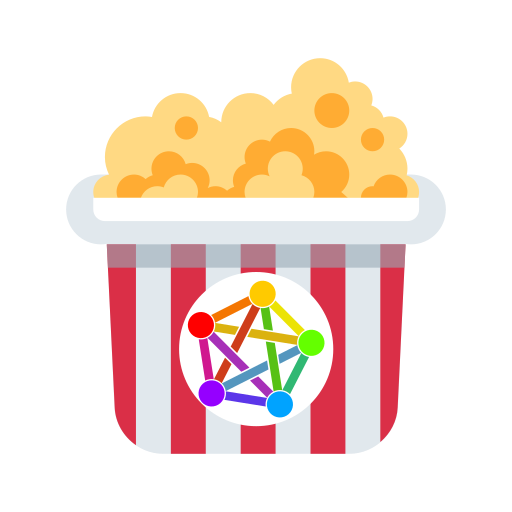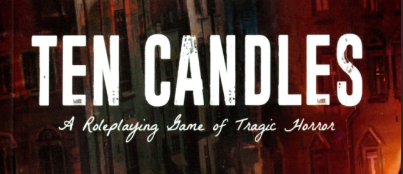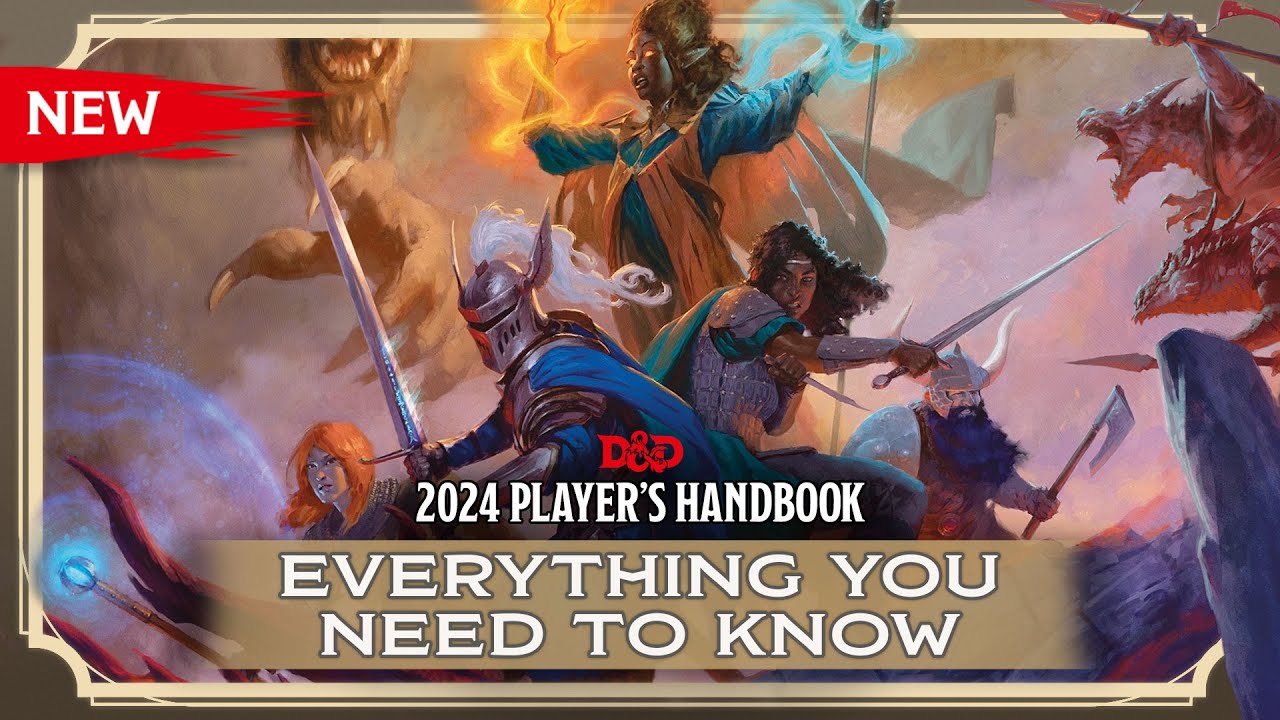- 51 Posts
- 248 Comments
Yeah, but its still using rebuilt HD assets which make it look way better than the original game its based off of.
That’s the HD remaster that came out like 10 years ago. They most certainly did not make that on windows 98.

 4·2 months ago
4·2 months agosince youve mostly gotten your answers on the basic questions, i will add some other information here for you as FYI. If you’re wondering, you can use regular old acrylic hobby paints for miniatures. It’s going to take some extra work and a lot of mixing to get it the right consistency and will be a learning curve there.
If you’re wondering if it’s worth the money to spend on mini paints, that’s going to be entirely up to your preference. Mini paints can be quite pricey vs regular old craft store paints. I would maybe suggest dabbling with regular paints and getting some thinner medium and see if mixing them works out well for you. If you find it too annoying/frustrating/not worth your time then get mini paints. Mini paints can basically be used right out of the bottle.
i’ve never played it; How does the system work? is it a traditional d20-like system or something else?

 1·3 months ago
1·3 months agoThis upgrade is now completed
Hardcodex has printable spell cards, and they updated for 2024 spells it looks like.

 3·5 months ago
3·5 months agowell, to be fair, almost no one used counterspells back then because of the many failure points, clunkiness, and the high chance of it being a complete waste of your turn. Better to just cast your own fireball first.

 7·5 months ago
7·5 months agoThats pretty similar to what 3e (and iirc older) counterspell did. You had to cast the same spell in reverse to counter a spell. So to counter spell a fireball, you had to have a fireball prepared and “counterspell cast” your fireball. That said, there was some action economy problems in 3e that made it not worth it (you had to use an action to ‘ready’ a counterspell on a specific target, when the target cast a spell, you had to roll to identify the spell, and if they cast a spell you didnt know or have prepared, you were out of luck)
Presumably, someone attempting to mug you would probably be a bandit (+3 to hit, +1 to damage), not another commoner

 15·6 months ago
15·6 months agoLooks like it expired last month so they had a 1 month grace period

 1·6 months ago
1·6 months agoyeah, i think that’s actually a setting on the lemmy side, you can restrict the size of uploads to prevent abuse and such. We’re using whatever the default is, i’ve never changed it.

 5·6 months ago
5·6 months agoi second the comment that you need to consider why you want to do this. You generally need a pretty good reason to split your codebase into multiple languages.
As far as actually doing it, you have a ton of different options, some of which have been mentioned here. Some i can think of off the top of my head:
- create a library (dll or so file or the like)
- set up a web server and use communication protocols (either web socket or rest API or the like)
- use a 3rd party communication/messaging framework like MQ or kafka or something
- create your own method of communication. Something like reading and writing to a file on disk, or a database and acting on the information plopped in
basically every approach is going to require you to come up with some sort of API that the two work together through, though, an API in the generic sense is basically a shared contract two disconnected pieces of code use to communicate.

 5·6 months ago
5·6 months agofor what its worth, the new (2024/2025) monster manual supposedly has spellcasting monsters with more “magical” actions built in. While they do still have a list of spells, they have more built in tailored “magic action” type things they would be using instead of spell casting in most scenarios, like having a “magic bolt” type attack for a mage or something. We don’t exactly know how extensive this is yet, since we’ve only seen previews so far, but it could make running spellcasting creatures a bit easier.

 6·7 months ago
6·7 months agowindows can still play castle of the winds? i play it all the time. In fact, i just booted it up again a moment ago to make sure it didnt break recently or something. I dont remember ever having any issues playing it, and ive played it off and on for decades. In fact, googling real quick, it looks like my abandonware even has a “easy installer” for it.
 25·7 months ago
25·7 months agoIf a user is banned on their home instance, that ban is federated out to all instances. If a user is banned on a remote instance, they’re just banned locally on that instance, and their account remains active for all other instances.
They’re likely some remote users who have interacted enough with your instance to be federated over, and then banned on their home instance.
They were ripping off both their users and anyone using affiliate links (including the content creators who promoted them)
During checkout, when you clicked the “find coupon” button in honey (which it prompted you to do on screen during checkout), it would strip out any affiliate link and add their own. So if you clicked on a product from a review, they would strip out the referral link from the YouTube video or website that sent you and indicate they sent you instead and get the commission.
In addition, they were working with online retailers and basically extorting them. They said that if retailers paid them a fee, they got to pick the discount code that was used during checkout. So if there was a 20% coupon and a 5% coupon, stores could pay them to ignore the 20%.
This, in turn, was basically faking out their users, thinking they were giving them the “best deal” like they claimed to.

 5·7 months ago
5·7 months agoMight be worth starting in c/RPG with basic questions, and if they end up drumming up a lot of conversation maybe a community is warranted? I know traveller has been around a long time, but I don’t ever hear too much about it so I’d guess the community for it is pretty niche
That’s the flameskull from the d&d 5e monster manual
Be familiar with NoSql: like Mysql, postgreSQL, SequelSqlSQL, and Memdb.
well, the definition of “NoSQL” was changed to stand for “Not Only SQL” some while back because of how many nosql DBs started incorporating SQL (and how many SQL RDBMS started adding nosql features)
Moderates




- Ask Game Masters@ttrpg.network



- Battle Maps@ttrpg.network







- Foundry VTT@ttrpg.network

- Mythic RPG@ttrpg.network













Yeah, no idea. And the statement is pretty just a bunch of marketing speaking and no real plans. So we’ll see, I guess